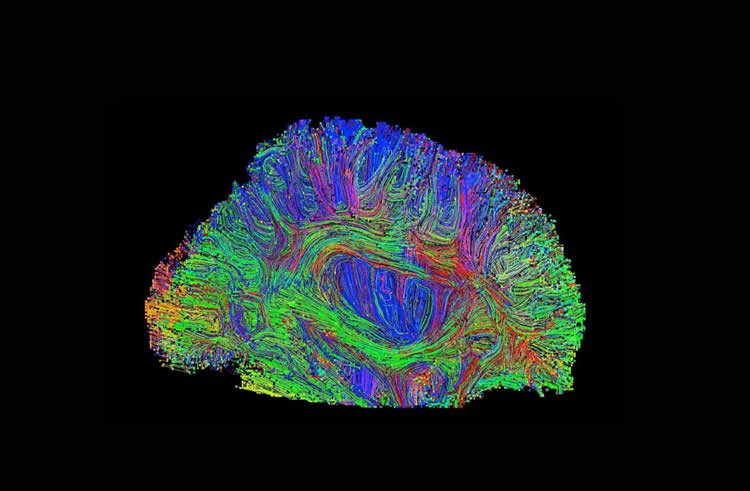In a first of its kind study, a team of researchers at the Keck School of Medicine of the University of Southern California scoured through a vast trove of neuroimaging studies of patients with HIV across numerous continents.
As published in JAMA Network Open, the USC team revealed distinct brain volume differences in adult patients with HIV.
The study included just a bit more than 1,200 patients having been diagnosed with HIV, who resided in either North America, Europe, Asia, Australia, or Africa.
Magnetic resonance imaging (MRI) tests were initiated to identify any abnormalities among HIV-positive patients.
“Brain injury caused by HIV can lead to cognitive challenges, even in those receiving treatment,” said Talia Nir, the study’s first author, in the investigational report.
“Establishing a common pattern of effects on the brain across different populations is a key step toward addressing those issues. The strength of this large dataset is that it is more representative of an era where treatment for HIV infection is widely available.”
During the study, researchers focused on the relationship between blood plasma and brain volume. They uncovered that HIV-positive patients with lower white blood cell counts also had fewer brain volume in two areas of the brain: the thalamus and the hippocampus.
According to the findings: “Across all participants, detectable viral load was associated with smaller hippocampal volumes, but in the subset of participants receiving HIV treatment, detectable viral load was also associated with smaller amygdala volumes.”
“Our findings extend beyond the classically implicated regions of the basal ganglia and may represent a generalizable brain signature of HIV infection in the cART era,” researchers concluded.


